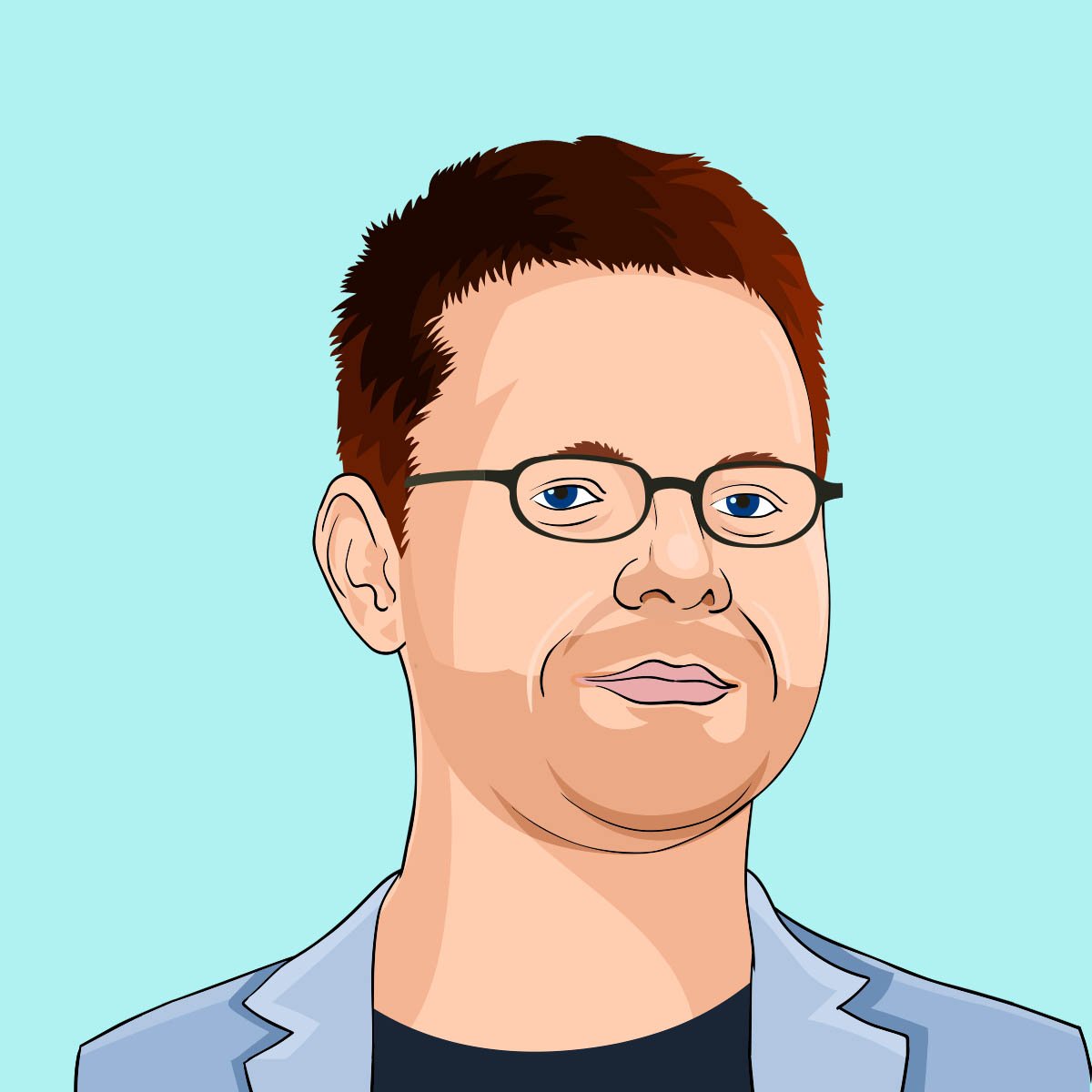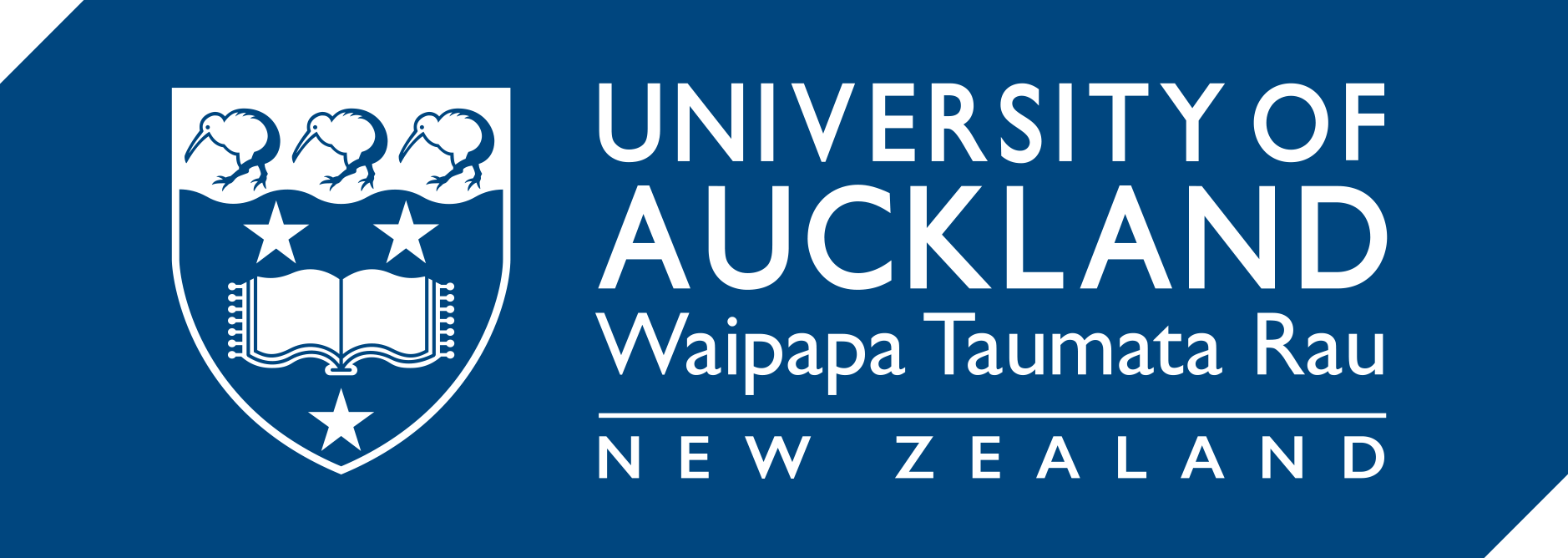
6 LIVE TALKS. 6 WEEKS. YOUR HOME.
PAST EVENTS
I told you so! Word of mouth: What is it, does it work and how can I use it?
By Bodo Lang
Associate Dean External Engagement and Associate Professor of Marketing, Faculty of Business and Economics
DESCRIPTION
In this entertaining talk, Associate Professor Bodo Lang from the Business School will demystify word of mouth (WOM). He will explore why we like to give and receive WOM, whether WOM has much impact, whether it can be trusted and how individuals and organisations may be able to utilise WOM. Bodo will also share current and past examples of commercial WOM campaigns and how WOM differs from related, yet different, phenomena such as online influencers and online reviews. His talk will also cover opaque WOM and why this is something we should all be concerned about.
SPEAKER’S BIO
Bodo Lang’s career is a blend of experience from both the commercial and academic sectors. His commercial career spans advertising in Germany, management consulting in New Zealand and market research in Singapore. The other half of Bodo’s career has been in academia. He is currently an Associate Professor in Marketing and Assistant Dean – External Engagement at the University of Auckland’s Business School. His published works cover topics such as marketing communication and services marketing, and often have a strong consumer focus. His second research interest focuses on using marketing for public good.
Fact vs fiction: the truth about our genetic predispositions
By Andrew Shelling
Associate Dean (Research) at the Faculty of Medical and Health Sciences, and Acting Director for the Centre for Cancer Research
DESCRIPTION
The ability of genetics to predict both human disease and behaviour is an exciting and constantly evolving field, however, it’s important to sort fact from fiction when it comes to ‘blaming your genes’. Some media recently jumped to the conclusion that the day you lose your virginity may be written in your genes, following the release of a genetic study into the regulation of puberty – but is this correct?
The study in question found hundreds of regions of our genetic code associated with how old we are when we first have sex and have our first child. On the surface this sounds compelling, however, there have been a number of gene association studies of this type taken out of context over the years, where association has been confused with causation.
In this talk, Andrew will cover the red herrings of research into genetic predispositions, and explain where advances are really being made in predicting common complex diseases such as cancer, heart disease, diabetes, and inflammatory bowel disease.
SPEAKER’S BIO
Professor Andrew Shelling is Associate Dean (Research) at the Faculty of Medical and Health Sciences, and Acting Director for the Centre for Cancer Research. His research is primarily interested in understanding the molecular changes that occur during the development of genetic disorders, focusing on breast and gynaecological cancer, and reproductive disorders.
Democracy, but not as we know it
By Matheson Russell
Associate Professor of Philosophy, Faculty of Arts
DESCRIPTION
When the Berlin Wall fell, it appeared to be ‘the end of history’. Liberal democracy had won the day. Thirty years later, democracy is under pressure around the world. The forces undermining democracy – authoritarianism, corporate capture, disinformation and misinformation, political polarisation – appear to be gaining the upper hand. Is there a future for democracy in the 21st century?
This talk reveals the little-known story of how new models of citizen-led policymaking are proliferating around the world. Under our noses, democracy is being reimagined and redesigned around the edges of existing democratic institutions. Matheson will explain the big ideas driving these experiments and will sketch how these notions could be used to imagine a genuinely citizen-led system of political institutions in complex modern societies such as our own.
SPEAKER’S BIO
Dr Matheson Russell is an Associate Professor in Philosophy at the University of Auckland. He teaches courses on justice, power and democracy. His current research is in democratic theory and focuses on reimagining the institutions of democracy so that they are fit for purpose in the 21st century.
Athletes and dementia – could there be a link?
By Helen Murray
Research Fellow of Anatomy and Medical Imaging, Faculty of Medical and Health Scienes
DESCRIPTION
What is happening inside the brains of our top contact sport athletes? Many are experiencing symptoms of a degenerative condition called chronic traumatic encephalopathy (CTE) – a progressive brain disease that causes dementia and is associated with repetitive head injuries.
By examining the brains of former athletes after death, we are learning about the long-term consequences of concussions. It is also helping us to better understand other neurodegenerative diseases, as repetitive head injury is also a risk factor for Alzheimer's disease and Parkinson's disease. Many of the brain changes we see in these diseases also occur in CTE.
This talk will explore what we know about the brains of contact sport athletes and how this knowledge will help us unravel the mysteries of progressive brain disease.
SPEAKER’S BIO
Dr Helen Murray is a research fellow at the Centre for Brain Research at the University of Auckland and captain of the New Zealand women’s ice hockey team. Her research examines the cellular anatomy of the human brain and how it changes in neurodegenerative diseases, with a particular focus on dementia in contact sport athletes.
From the vineyard to the glass – what really goes into New Zealand wine?
By Ali Lowrey
Doctoral Candidate, Chemical Sciences, Faculty of Science
DESCRIPTION
Ever wondered what ingredients are really in your glass of wine? Let chemical scientist, winemaker and wine taster Ali Lowrey talk you through the complex journey from grape to glass, and what influences a wine's composition.
Using examples from our two biggest winemaking regions, Marlborough and Hawke’s Bay, this talk will discuss the delicate chemical balance within a vineyard and the influence of external factors such as climate change and the use of synthetic chemicals. What impacts could climate change and chemical sprays have on grape growing and winemaking in New Zealand? Are herbicides that are sprayed in the vineyard in the wine we drink? What are the similarities between the concepts of terroir, mātauranga Māori and kaitiakitanga, and how do we harness that knowledge?
By making connections between the vineyard, climate and chemical interactions, Ali will highlight the importance of successful sustainability for the future of the New Zealand wine industry.
SPEAKER’S BIO
Alexandra (Ali) Lowrey is a PhD candidate in chemistry whose main research interest is vineyard soil chemistry and its connections to the grapevine and subsequent wine. More broadly she is interested in vineyard synthetic chemical applications, climate change and sustainability. Born in Hawke’s Bay, she has extensive local wine industry knowledge. The geographical basis of her research involves the two largest wine-producing regions in New Zealand, Marlborough and Hawke’s Bay. She completed her masters’ and postgraduate degrees at the University of Auckland’s Goldwater Wine Science Centre on Waiheke Island.
THE UNTAPPED POTENTIAL OF DNA TO PERSONALISE YOUR HEALTHCARE AND EXTEND YOUR LIFE
By Justin O'Sullivan
Professor and Deputy Director of the Liggins Institute
DESCRIPTION
People often ask me “why can’t we use DNA information to help with this disease?"
We all learn about DNA, the genes it contains and their role in inheritance. DNA sequences can be used to identify lost relatives or convict someone of a crime. But it is a much greater resource than that. Your DNA contains information that sets your disease risk. This information is 'easy' to find. However, mechanisms and treatments are not always obvious. In this talk, Justin will discuss insights that are raising the bar and making DNA easier to use. Our goal is extended lives and wellbeing.
SPEAKER’S BIO
Justin M. O’Sullivan is a Professor and Deputy Director of the Liggins Institute. Justin was awarded the 2010 Life Technologies Life Science Award for Emerging Excellence in Molecular Biology in New Zealand. He has published more than 110 peer-reviewed articles and holds honorary appointments at the Garvan Institute of Medical Research and the University of Southampton. Justin’s research is focused on understanding how disease-associated mutations in non-coding DNA affect gene regulatory networks and the pathways that underlie disease development. He is also investigating the role and functions of the human gut microbiome. His goal is to integrate these two fields of study.













